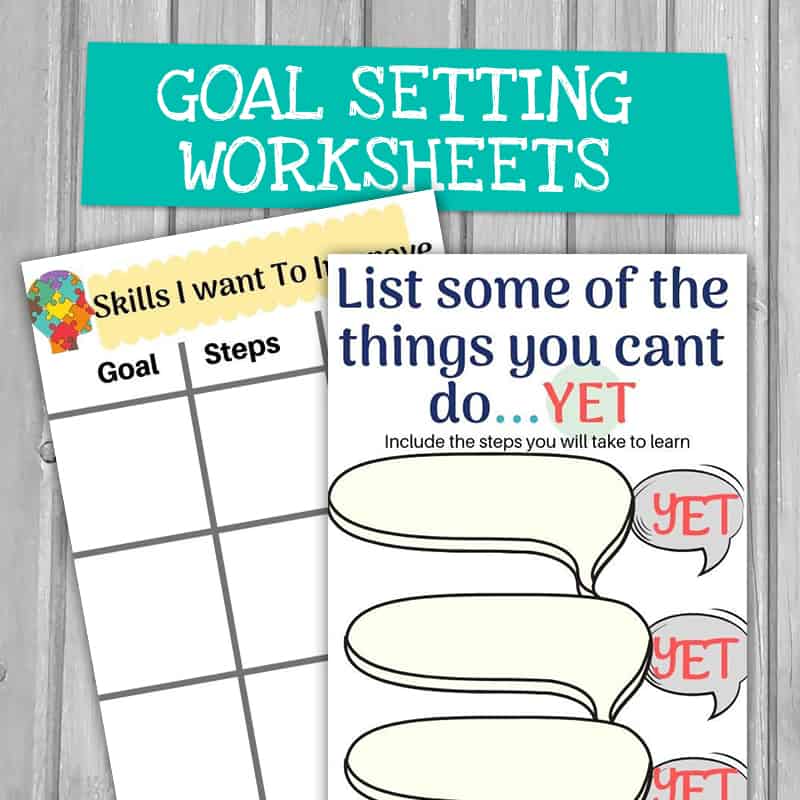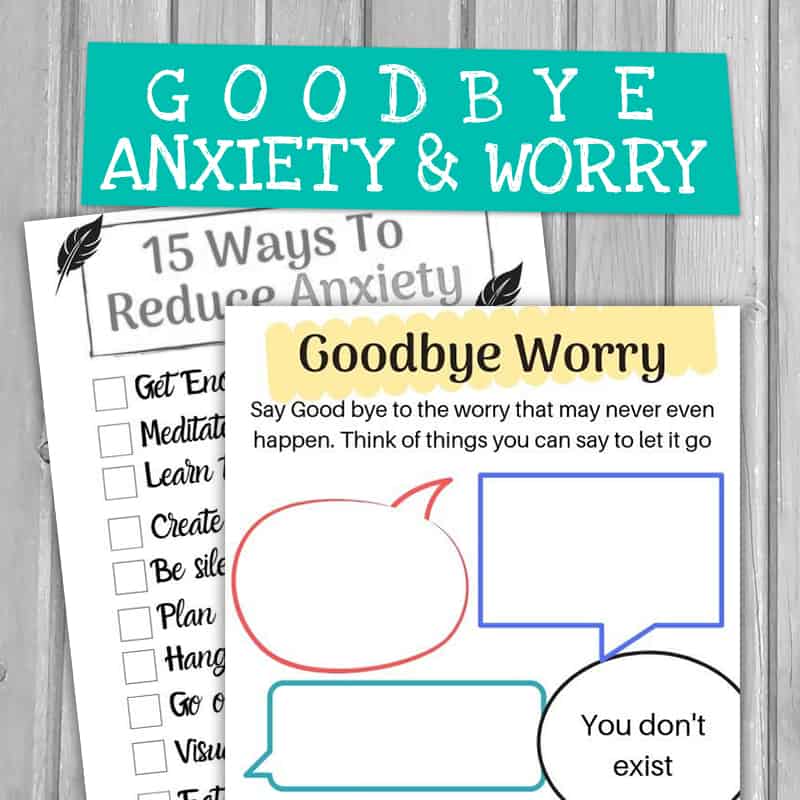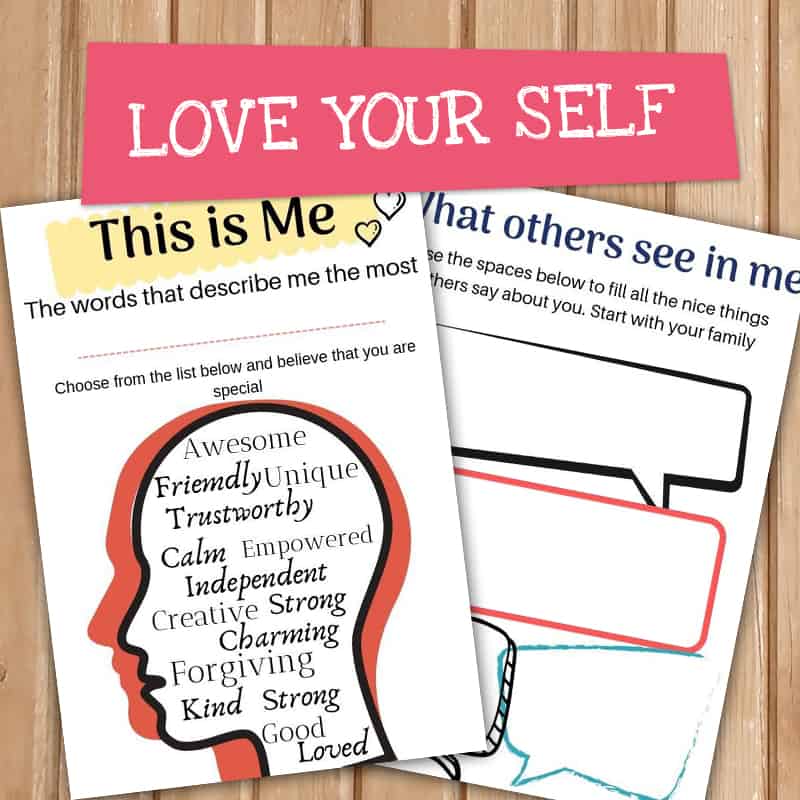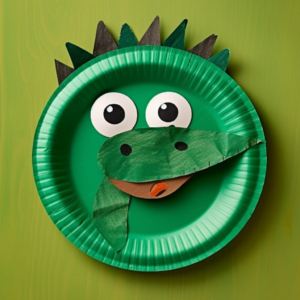The open-ended questions for kids will encourage them to talk about their day and express their feelings.
It can be challenging for kids to express their emotions. Many times when asked a question, they give a simple “yes” or “no”.
This can be frustrating for parents and teachers who would like to know what their children are thinking.
Don’t forget to check out the Personalised growth-mindset kit made to help kids find their purpose

The importance of asking open-ended questions to kids:
Using open-ended questions will encourage children to say more than just a one-word answer.
The advantage of open-ended questions for kids is that parents will be able to understand what their child is really going through and guide them in the right way.
It will also evoke creativity and problem solving skills. Children will be able to articulate their thoughts in creative ways.
Open-ended questions can be used in almost any situation. For example, when talking about their day, when solving a problem, when being asked general questions on their emotions.
For instance, instead of asking a child “how was your day?”, we should be more specific and ask “Did someone make you smile today?”.
This will get children talking about who made them smile, when did it happen, and how it made them feel. Parents can even probe more into that same question to get to know more about their day or their friends.
Open-ended questions for kids will also encourage children to solve problems creatively. They will have to ask as many questions as possible in order to gather as much information that they can in order to solve a problem.
For example, instead of asking children “What is the answer to the question?” you could ask “What do you think we can do to solve this?”
Open-ended questions for kids can also be incorporated into their daily journal. This will encourage children to express write about their feelings in more depth.
Download the THE GROWTH MINDSET KIT with Inspirational stories to help them build positive habits from a young age.

Here are some other benefits of open-ended questions for kids:
- Getting children more engaged in the conversation
- Encouraging children to gather as much information as they can about a topic.
- Teaches children how to ask the right questions
- Encourages children to reflect on their emotions and feelings.
- Developing a growth mindset attitude
- Raising children that are naturally inquisitive
Close-ended questions to avoid when talking with your kids:
Many times we may not realise it that the reason our child gives a one-word answer is because we ask them the wrong question.
We might be in a habit to ask them questions that would require them to answer “yes” or “no”.
Here are some examples of close ended questions :
- How was your day?
- Did you enjoy school?
- Did you have fun with your friends?
- Are you feeling sad today?
- What is your favourite food?
- Do you like your teacher?
- What is your favourite animal?
Asking questions like the ones above will end the discussion very fast as there is no room for your child to elaborate on the topic.
Check out the anxiety kit below to help children talk about their feelings

Open-ended questions for kids to ask them about their day:
- Who/what made you smile today?
- Did anyone make you laugh today?
- Did anything happen today that made you upset?
- Did you read or see anything that got you thinking hard?
- Did you do anything that was challenging? How did it make you feel?
- What is the one new fact you learned today?
- Did you show kindness to anyone today?
- Was anyone kind to you today?
- What is one thing you liked about your day?
- Which morning routine do you like the most?
- If you can change something about your morning routine what would it be? Why do you not like that routine?
- If you can change one thing about today, what would it be?
- What is the funniest joke you heard today?
- Did someone say anything that made you upset today?
- Did you ask for help from anyone today?
- What are most grateful about today?
- Who is the person you are most happy to see today?
- Which subject did you enjoy the most today?
- Did your friends say or do anything fun during recess sessions?
- Is there someone you would like to say sorry to today?
- Is there someone you would like to say thank you to today?
- What are you most thankful for today?
- Did you eat anything nice today?
- What is the favorite part of your day?
- Did you do anything nice for yourself today?
Don’t forget, to check out the Personalised Growth Mindset Kit below to encourage self-love for children

Open-ended questions for kids that gets your children thinking hard:
- What do you think happiness means?
- What does it mean to be a good friend?
- What do you think are the most important qualities to look for in a friend?
- What do you like most about your family?
- What are the 3 things that make your family special?
- If you can change something about your school, what would it be?
- What is the hardest thing about being a parent?
- What do you think is the hardest thing about growing up?
- What do you think is the most challenging thing about being a child?
- What is the best book you have ever read?
- Who is your favorite superhero character? What do you think are the good qualities of this superhero?
Open-ended questions for kids to help them solve a problem and think creatively:
- What if…
- If I had to…
- Would you rather…….
- Tell me what…..
- Tell me why……
- What do you think…….
- The easiest part……..
- What do you think happens next…….
- If you could……..
- Why do you think…………..
- What are your thoughts……………
- What would you rather……
- How would you approach this…..
- If you can do it differently how would you do it?
- Where should we start?
- What is the end goal here?
What are other open-ended questions do you ask your kids?
Before you go don’t forget to get the Personalised Growth mindset kit for children
There are endless possibilities on how you can incorporate a growth mindset into your child’s daily lives.
Growth mindset activities can be a useful tool for your child to be reminded of how unique and amazing they are.

Was this helpful?
Good job! Please give your positive feedback
How could we improve this post? Please Help us.



